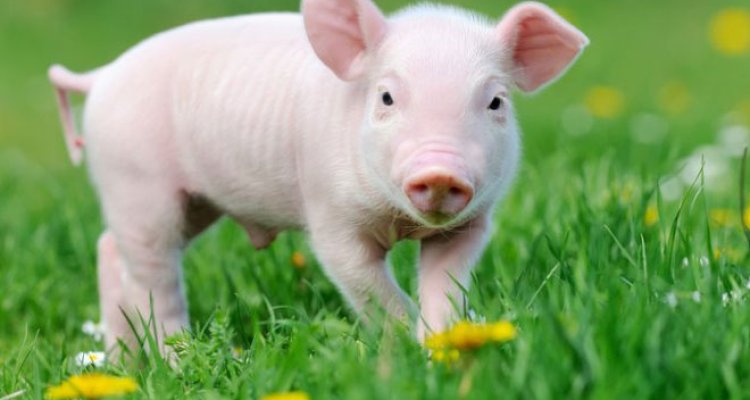
Project
Preventing Streptococcus suis in pigs around the world
Streptococcus suis is a bacterium causing infections, causing major economic losses to the pig production industry worldwide. Human infections are rare but have increased significantly in the past years. The disease one of the main reasons to prescribe antibiotics to the herd. Thus, prevention of S. suis infections will help prevent spread of resistance to antibiotics also used in human healthcare.
Wageningen University & Research, Wageningen Bioveterinary Research and the chairgroup Host-Microbe Interactomics are leading in this field. They work together with an international consortium to address the complete disease triangle to study the necessary pre-conditions for disease to occur.
This international effort is enabling us to gain a better understanding of the pathogen and environmental factors leading to infection so that we can develop effective control strategies
New Vaccines
Current vaccines are not broadly cross-protective. By sequencing the genome DNA of a large collection of isolates from around the world we can select vaccine targets which are conserved in virulent strains. Ultimately a vaccine containing a combination of antigens may give broad cross-protection against different strains of the pathogen.Diagnostics
We are developing methods to predict piglets with a high risk of infection with S. suis. This will mean vaccines or antibiotics can be directed to the sows or piglets at risk, helping to reduce costs and spread of antibiotic resistance.
Microbiota
The harmless bacteria colonising the oral cavity, nasal cavity and intestine, collectively known as the microbiota can compete with harmful microorganisms and stimulate innate immunity to reduce risk of infection. We are extensively characterising the community of bacteria colonising the tonsils of which are colonised by Streptococcus suis. Ultimately, we may be able to fortify the microbiota in young piglets around the time of weaning to reduce the risk of infection with Streptococcus suis.
Organoids as in vitro infection models
To gain a better understanding of how S. suis causes disease in humans and pigs we are using advanced laboratory models (known as organoids) of specific porcine tissues. Intestinal organoids demonstrate physiological functions of the tissue from which they are derived and can grow in 3D culture for years and cryopreserved, making them a valuable alternative to the use of experimental animals in research.